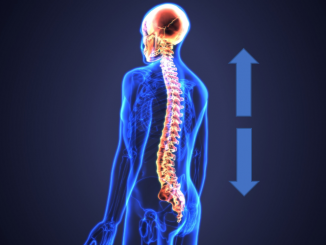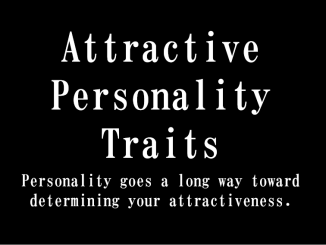No matter the professional health or well-being field, experts tend to agree that humans do suffer the knock-on effects of their lifestyle, behaviours, and environment, in one form or another.
Ask an Oncologist and they will say that smoking often leads to cancer. A dietician will say that a poor diet might lead to something like diabetes. And a physio will say poor posture will likely lead to some form of movement issue.
This is exactly the way to look at the effects of stress. It exists, and it has lingering effects.
You need only follow this link to see that I’m passionate about helping people better understand what stress is, what our body does when we experience it, and how that stress response can affect us in many ways both today and in the future.
This particular article is centered on the well-defined link between stress and mental health, in particular, depression.
Simply, the stress response is there to help you have a chance to survive a hungry tiger (or the like). Short and sharp bursts of stress (and the resulting stress response) are what we are designed to experience.
Our ability to either run, fight, deceive (like play dead), or outsmart the predator is boosted by the stress response. If we live, stress goes away as the threat disappears.
Some of the things that happen in your body in the stress response include the activation of the emotional processing areas of the brain. Your breathing rate increases and turns to short and sharp bursts, and your sexual reproductive system shuts down.
And, yep, your body starts to play with the settings in your digestive system.
The American Psychological Association (APA) says our stomachs are vital to our well-being, with the organ even boasting its own “independent nervous system”.
The APA says this system includes an intricate network of 100 million neurons embedded in the gut wall.
So, we start to experience prolonged stress and this important system starts to get out of whack, with potentially really serious knock-on effects, especially in regards to the health of the bacteria in our gut.
The APA says this bacteria produces hundreds of neurochemicals that the brain uses to regulate basic physiological processes as well as mental processes such as learning, memory, and mood.
But here’s a really important point – “the gut bacteria manufacture about 95 percent of the body’s supply of serotonin.”
There is almost unified agreement in the world of medicine and mental health that there is a link between serotonin and depression. Namely, when our brain suffers from a lack of serotonin (essentially a chemical messenger) we may start to experience low mood, lower optimism, increased anxiety, and potentially the deeper effects of depression.
It is serotonin that Doctors try to boost with the use of anti-depression medications, but, ironically, sometimes these drugs can further diminish gut health and reduce the opportunity for our stomach to naturally produce the thing that our brain needs.
That is a vicious cycle. But there might be some changes in this area that could help boost not only mental health but gut health too.
A new U.S. study has found that altering the way that these serotonin-boosting drugs work in our stomachs could make them more effective, and better for our natural serotonin-creation system too.
Using mice, the researchers altered the way the serotonin-boosting drug interacted with the gut in the intestinal epithelium (the single layer of cells that lines the intestinal tract).
Not only did the animals with increased serotonin signaling in the gut display fewer anxiety and depressive-like behaviors than their unaffected littermates, but they also displayed none of the cognitive or gastrointestinal side effects commonly seen in patients taking these drugs.
“To see enhanced serotonin signaling in the gut epithelium produce such robust antidepressant and anxiety-relieving effects without noticeable side effects was surprising even to us,” – Mark Ansorge, associate professor of clinical neurobiology at Columbia University Vagelos College of Physicians and Surgeons
It is good to see some further developments in this area, especially if our scientists can continue to find new ways to help people, but not to the detriment of helping our own natural processes.
Gut health and mental health do go hand in hand and it is terrific to see people becoming more aware of this.
And of course, have a bit of a think about your stress journey. What you are experiencing and how interventions like therapy (and building greater personal awareness, interpersonal relationships, skills, and education in that therapy process), might help you get to a better place.



